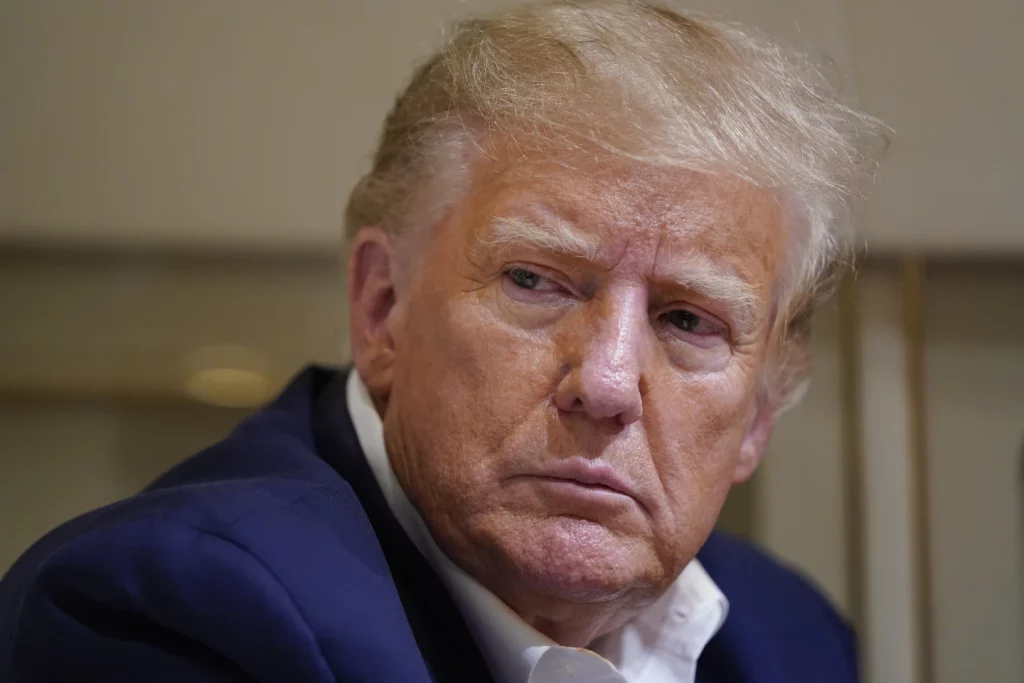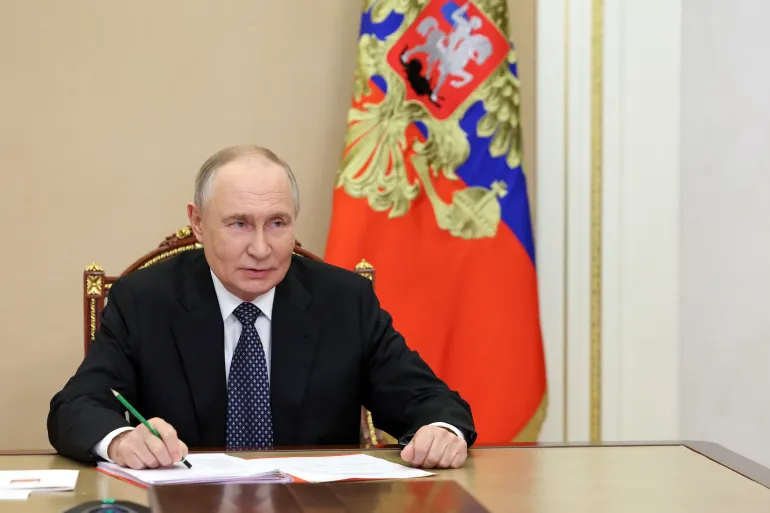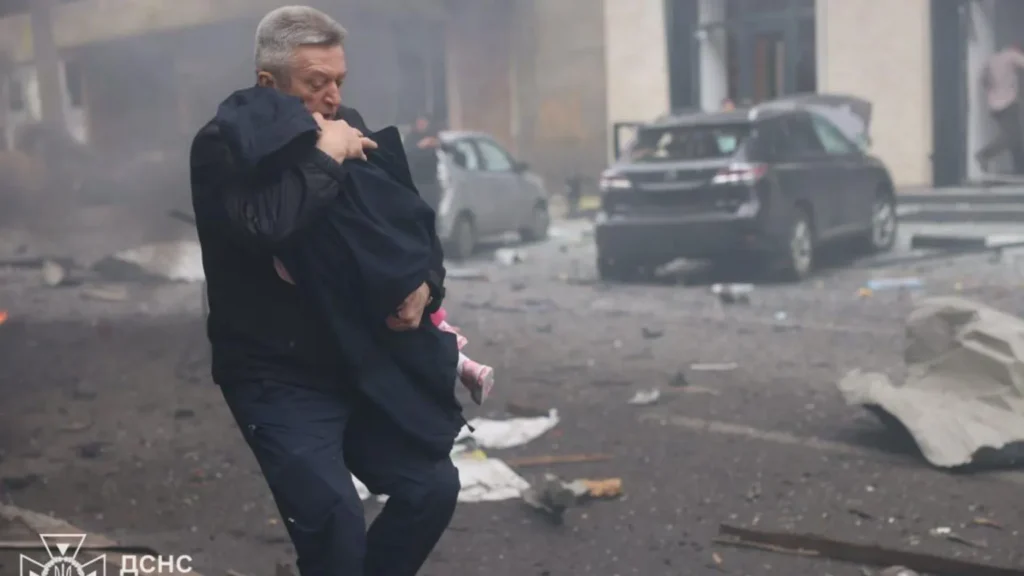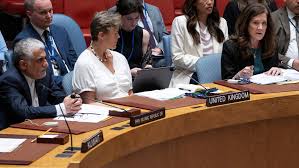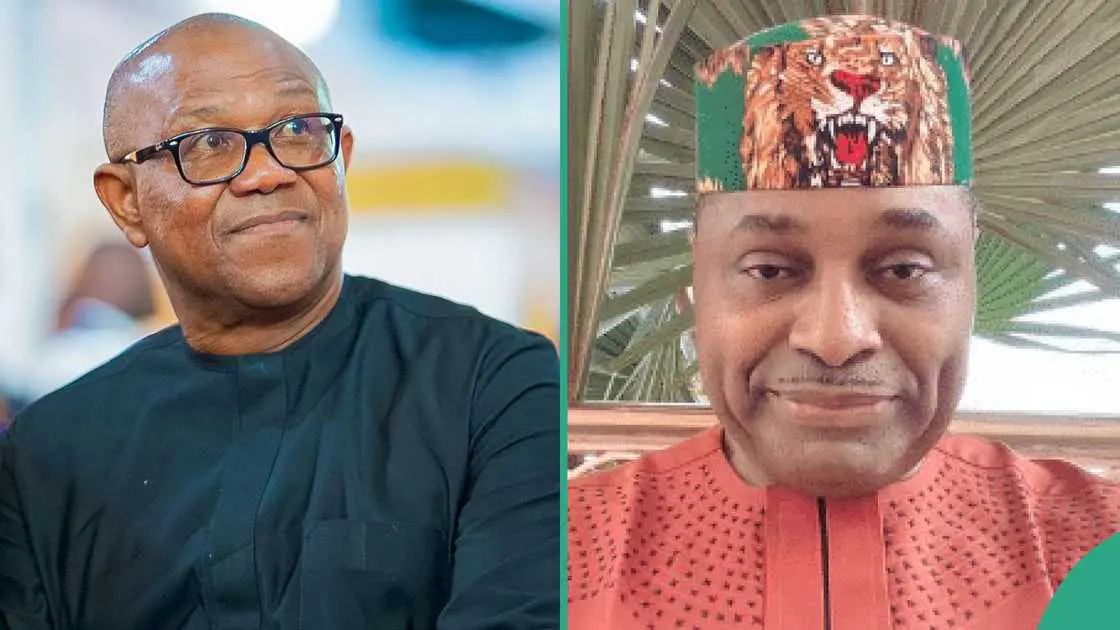Now Reading: Iran’s Supreme Leader Sends Urgent Letter to Putin After U.S. Strikes, Demands Stronger Russian Support
-
01
Iran’s Supreme Leader Sends Urgent Letter to Putin After U.S. Strikes, Demands Stronger Russian Support
Iran’s Supreme Leader Sends Urgent Letter to Putin After U.S. Strikes, Demands Stronger Russian Support
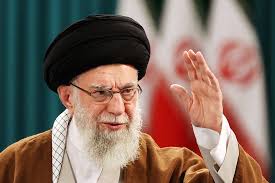
Ayatollah Ali Khamenei has dispatched Iran’s Foreign Minister Abbas Araqchi to Moscow with a personal letter to President Vladimir Putin, urging more decisive Russian backing following the devastating U.S. military strikes on Iran’s nuclear facilities over the weekend—the most aggressive Western action against Tehran since the 1979 Islamic Revolution.
High-level Iranian sources revealed to Reuters on Monday, June 23, 2025, that Tehran is deeply dissatisfied with Moscow’s restrained response to the U.S. and Israeli assaults. While Putin has condemned Israeli strikes in recent weeks, he has so far remained silent on Washington’s latest military actions, fueling concerns in Tehran that Russia may be unwilling to confront the United States directly at this critical juncture.
Putin’s administration confirmed the meeting with Araqchi but did not disclose details of the discussion. However, the Iranian foreign minister told Russian media that both nations are “coordinating positions” on the escalating crisis. Iran is reportedly seeking more than diplomatic rhetoric—potentially military or intelligence cooperation similar to what the U.S. provides Ukraine.
Kremlin insiders face growing pressure from hardliners who believe Moscow should support Iran with missile defense systems, satellite surveillance, or strategic deterrents. Russia and Iran signed a 20-year strategic partnership earlier this year, yet the pact notably lacks any mutual defense provision—raising doubts about the depth of Russia’s commitment amid its grinding war in Ukraine.
Putin has attempted to walk a diplomatic tightrope, offering to mediate between Iran and the U.S. while assuring Israel that Russian nuclear engineers working on the Bushehr reactor remain safe. Moscow’s approach, cautious yet calculated, reflects its desire to avoid another international front as it remains bogged down in Ukraine and simultaneously courts improved relations with a Trump-led Washington.
At Sunday’s U.N. Security Council emergency session, Russia joined China and Pakistan in pushing for a resolution demanding an immediate and unconditional Middle East ceasefire. Russian envoy Vassily Nebenzia dismissed U.S. claims about Iran’s nuclear threat as “recycled propaganda,” drawing parallels to the 2003 Iraq war fiasco and accusing Washington of manufacturing consent for war once again.
Tehran, meanwhile, continues to assert that its nuclear program is strictly peaceful and that the Non-Proliferation Treaty (NPT) is being weaponized by the West. As the conflict enters a volatile new phase, pressure is mounting on Russia to choose between its strategic pragmatism and the revolutionary ally demanding its protection.
